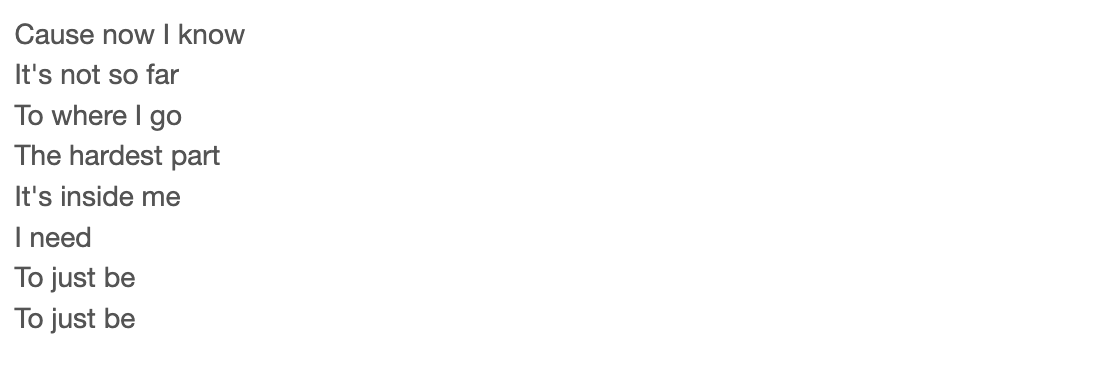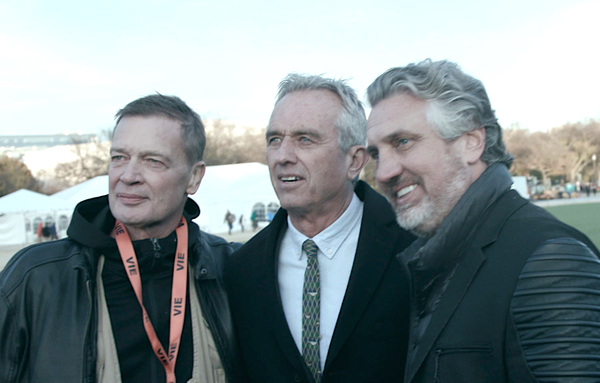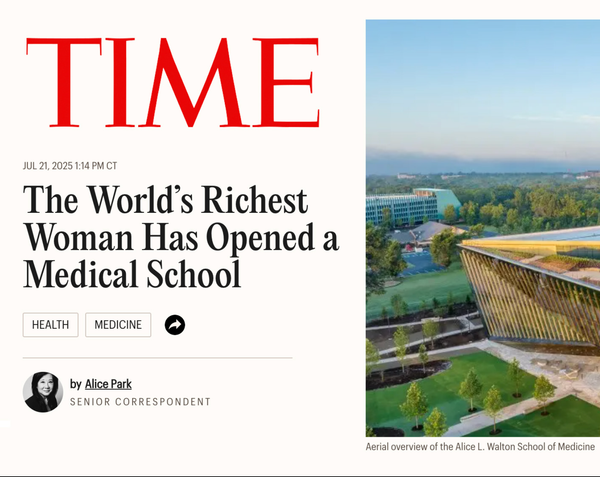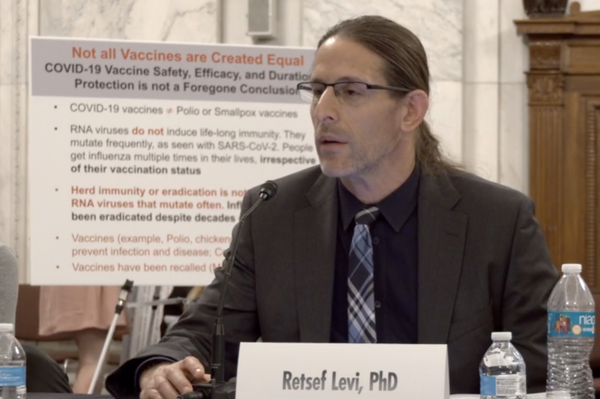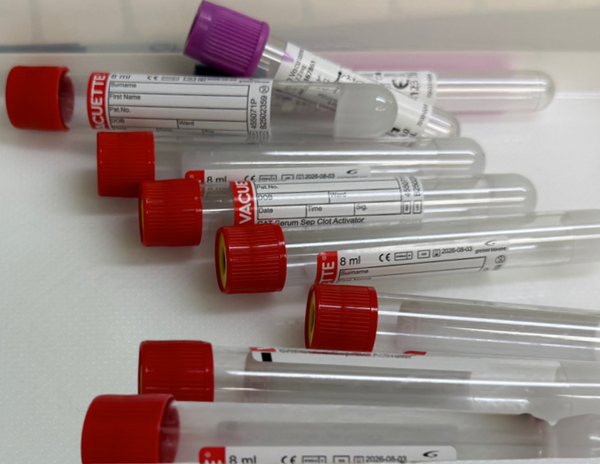Our Founder's Intro, or How Not to Raise 50 Million Dollars
- And what does your company do? - We explain to people what evidence is. - Evidence… The detective picked up his phone from the desk. I realized why he put it there when we got started: to use as a dictionary.
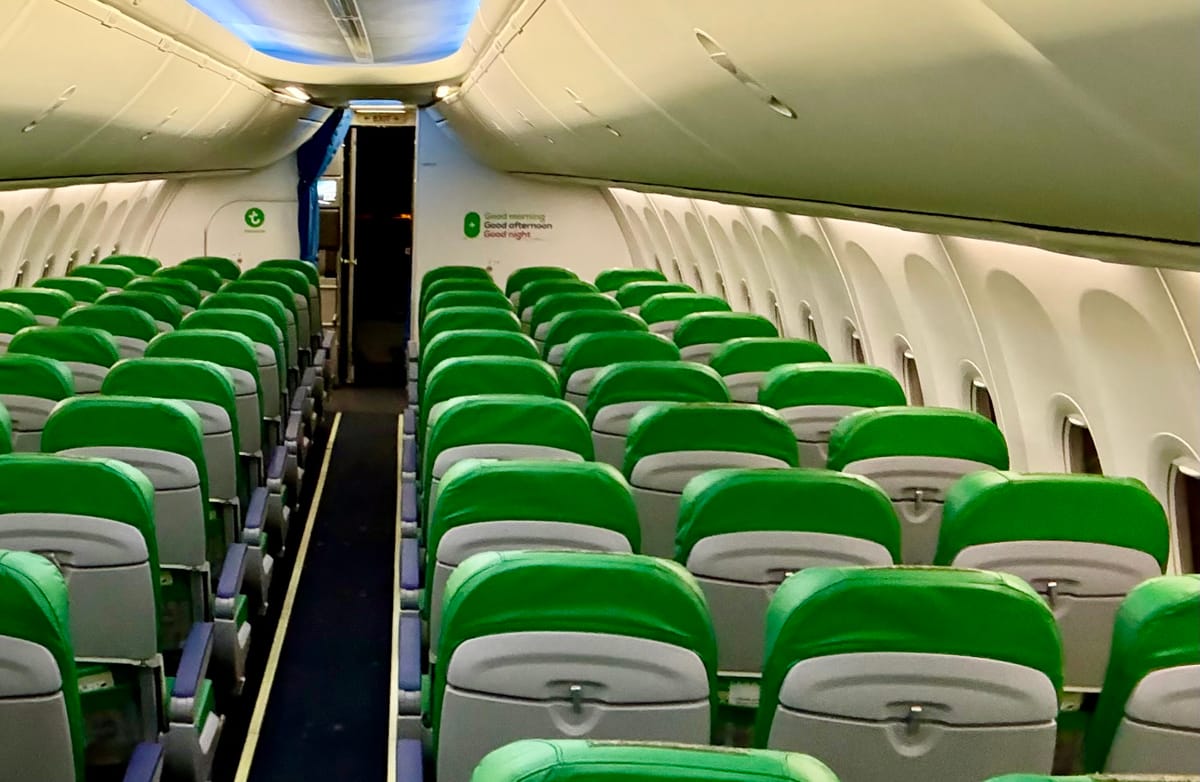
In an Amsterdam jail cell, the walls are covered in expressions of love. “Catalina, my love!” “I miss my daughter.” I can see why. Once your phone is taken away, your mind immediately wanders to your loved ones. I asked the guard, “Can I call my wife?” “Your lawyer can.”
Yes, of course. Makes sense. You can’t just say when you are in jail, “I miss my wife - can I give her a ring? “
And I had just declined a lawyer...
My cell was about the size of a small bathroom, except instead of the toilet, there was a wooden bench made of a horizontal and a vertical slab of thick wood, like a chest that you cannot open, fitting between side and back walls. Besides the bench, there were: white painted walls covered in scribbles ( made using fingernails, or shoes? There is nothing else available;) two round vents under the ceiling covered with fine grates, an intercom to call a guard, and a solid metal door with a little window covered by a metal flap outside. That’s it.
The bench was not long enough to lie down, so I sat on it lengthwise, pushing against one wall with my feet to flatten my back against the other wall. It was somewhat comfortable and I dozed off.
I woke up from the “door open” sequence - The clanks, clunks and clicks as the little window cover opens; an eye peeks to make sure I am not a danger, the door is unlocked and opens with a heavy groan. A young detective with blond hair, about my height, wearing a blue polo shirt with epaulets, was at the door. “Now we will do the interrogation. Follow me,” he said with a thick Dutch accent and a touch of an awkward smile.
He led me to what looked like a small doctor’s office with a desk and a computer. We sat down across from each other.
- We could not find an interpreter, and my English is not perfect - are you OK to proceed, he asked.
- Yes, of course.
He asked some easy questions, reading them off the monitor and typing in the answers (in Dutch, as I later learned.) Then the questions got harder.
- What kind of work do you do?
- I am the CEO and founder of a nonprofit called Eviva Partners.
- What is your salary?
- I don’t have a salary, in fact I am spending my own money on it.
- And what does your company do?
- We explain to people what evidence is.
- Evidence…
The detective picked up his phone from the desk. I realized why he put it there when we got started: to use as a dictionary.
- I don’t know the best Dutch word for “evidence.” We have a word that means “investigation,” but also the result of the investigation. I will use that.
- Yes - that is exactly the problem, I said. In many languages there isn’t even a word for “evidence.”
- So what does your company do about this?
- We are helping people make better decisions about their health. Now we are focusing on vaccines. We want people to better understand the evidence related to vaccines.
- What are you doing in Amsterdam?
- I am fundraising for my nonprofit - meeting with two friends, Dirk Stevens and Maarten Smit.
- What do you need the money for?
- We want many people all around the world to hear our message - and that costs money.
- Now tell me, what did you do when you arrived to Schipol Airport?
- When we landed, I saw something on my phone that was very important. I was thinking about it when I came out of the plane and walking towards the exit. It was 3am, the hallway was dark and there were practically no people.
(I saw the New York Times Op Ed in which Paul Offit, the top vaccine expert in the US, dropped a bombshell. “Robert F. Kennedy Jr. will hold up a paper, in the next four or five months, that says it’s aluminum in vaccines that are causing a whole swath of problems, including autism,” he said..)
- Then I remembered that I left my gift bag in the plane. I had a breakfast planned with Dirk and got him and his son some presents in Portugal.
- Then what did you do?
- I ran back to the plane. I could see through the windows - still at the jet bridge, with lights on. In the hallway next to it, I was greeted by a Portuguese gentleman. He spoke no English but was really good at mime - professional level. He mimed that he also left something on the plane. He waved to me as if to say, “follow me.” So I did. He led me to a glass door with what looked like a green doorbell. I pressed it, the door opened, and started beeping. I hesitated, but the gentleman surged ahead. I followed him.
- Was there anyone on the plane?
- No, I realized it was totally empty. I was very surprised - I even took a selfie. I checked the compartment above my seat - the bag was not there. And I left…
- “Do you know that it is a crime to enter an empty plane”?
- I can imagine. I just had no idea it was empty.
When we finished, he printed the statement in Dutch and I signed.
After a few hours back in the cell, the detective came back with a paper. “The public prosecutor is offering to release you if you pay a fine.”
I agreed.
When I got to the hotel, I changed and went for a run, listening to Suburban Train by Tiesto in his home country. I heard his music in the streets, too (or maybe I was imagining?)
I called Dirk. “Are you OK,” he asked. “We are still here tomorrow morning - join us for breakfast!”
The day before, once I realized I had two extra days in Portugal, I texted him: “I have a crazy idea - can I come meet you guys for breakfast?”. “Coming to Amsterdam just for this? That’s cookoo,” he responded. I sent a screenshot to my wife in New York. “I agree,” she wrote back.
Now, they were not totally wrong. Dirk and his family live a few blocks from us in New York. I have been once to his parents’ apartment, admiring their photos with the “who is who” of New York high society.
What a unique opportunity to see them all together, relaxed and not rushed, I thought. And I finally would get to make my plea - to be introduced to a philanthropist for whom our mission, bringing the public back to science, will immediately click.
Back to the hotel, I stretched out on the bed, AC blasting. And I was out.
I vaguely recall my alarm going off, and me shutting it down.
I woke up around 8:30. My phone was bursting with messages. Dirk’s mother sounded irritated. “Alex, come quickly. We have been waiting. We need to go to the airport soon.”
I called back - “I am sorry, I overslept. I am coming.” “Please hurry,” she said to me. And then to her husband, “He hung up on me.”
“It’s just not meant to be,” I thought, frantically getting dressed.
It was an awkward breakfast, in a beautiful French bistro overlooking a canal. I ordered an avocado toast and then regretted it.
“What is pharma doing about this,” Dirk's mother asked. “I don't know. We don't talk to them, and not taking industry funding, ever.”
“You should go on 60 minutes.”
“You need a budget through September.”
“We are only criticizing because we care.”
Then it was time to go. We said good-bye, follow up in New York… I got my suitcase, put the earphones on and walked out into a beautiful Amsterdam morning, listening to Kristy Kawkshaw’s flowing vocals in Tiesto’s Just Be.
